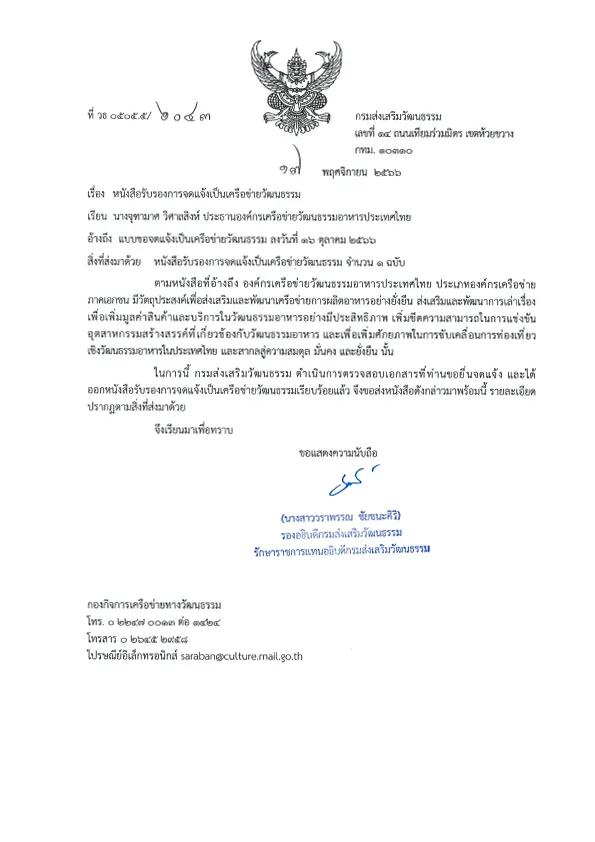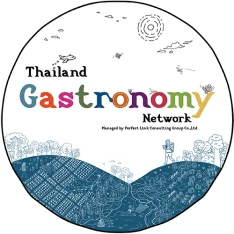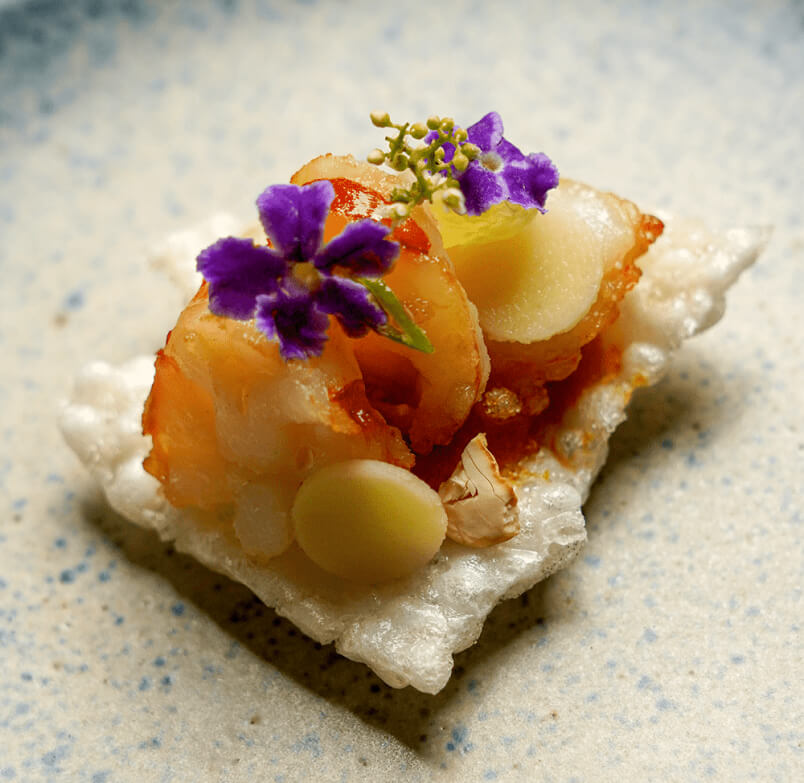Thailand Gastronomy Network
Gastronomic or food tourism experiences are much more than just eating and drinking at a destination. Food tourism comprises a continuum that extends from production (e.g., agri-tourism and visits to artisanal food producers) through to post-consumption (e.g., value-added souvenir products and food waste management).
Along this continuum are numerous opportunities to engage tourists in a variety of food-related tourism activities and experiences that create socioeconomic benefits for a broad range of stakeholders, many of whom exist outside the primary tourism industry.
Thailand Gastronomy Network is a consortium of experts. The platform gathers people (our brain bank) who believe passionately in unique gastronomy territorial assets and eager to find ways to artistically turn local assets into sustainable food movement. Our network was established from strong research-based evidence since 2017 (Educational Research Initiatives).

A continuous research funding support for over... A decade has given us an opportunity to move forward with our partners to uphold the following principles
Our PartnersUPHOLD the general principles for the development of gastronomy and tourism to be a vehicle for the transmission of culture and embrace its ability to achieve sustainable and inclusive development goals. Sustainable local, regional, and global food systems are important for our future. Gastronomy practices will open innovative solutions about sustainable tourism, local employment while preserving local tradition and diversity, harnessing, and rewarding authenticity.
VALUE AND WELCOME the inclusion of young generation and all genders to express their creativities through art of food (for example, food presentation, food stylist, food dialogues, food souvenirs, food pairings).
LEVERAGE cultural assets to transform a community into a vibrant, enticing, and engaging place to live, work, and visit. Successful creative gastronomic initiatives have been shown to create a strong sense and character of place, attract new visitors, and serve as a catalyst for local innovation and positive economic development for small to medium sized enterprises (SMEs).
ESTABLISH the Platform for knowledge sharing to substantially improve gastronomic experiences – one that provides livelihoods for farmers as well as nutritious products for locals and visitors.
FOSTER the interrelation between gastronomy and tourism as a medium for inter-generational cultural exchange. The transmission of multifaceted cross culture, if properly managed, enhances inclusive economic development, sustainable practices, and food experiences. Hence, gastronomic tourism helps to create strong sense of place for branding and marketing destinations, as well as assisting in maintaining and preserving local heritage and identity.
EMPOWER local communities by guiding, facilitating, and supporting leaders in cities, regions, and any cultural innovation initiatives to understand the totality of sustainable culinary value chain and promote the full potentialities of their distinct food, cultural heritage, arts, and tourism assets.
INVEST in young artisans to accelerate innovative enterprises which contribute to a better quality of life in regions by highlighting distinctive food cultures, educating for better health and sustainability, and stimulating the development of gastronomic related produces/products/initiatives.
BUILD AND SHOWCASE local cultural identity and food assets internationally by giving visibility to traditional food ways.
CREATE awareness of wider food issues for healthy living and sustainability both through educational programs and wider citizen engagement projects.
RAISE citizen awareness about the food they eat, the value of local products and the need to innovate to protect local produces. Therefore, gastronomic tourism is not just concerned with attracting visitors to the region but also in the longer-term benefits by educating for better and healthier lifestyles and supporting responsible small and medium enterprises (SMEs).
MEASURE TO MANAGE food waste, environmental protection and protecting biodiversity.

Our Network is recognized by the Ministry of Culture (Thailand)
Read more about cultural council, Department of Cultural Promotion
Click here
